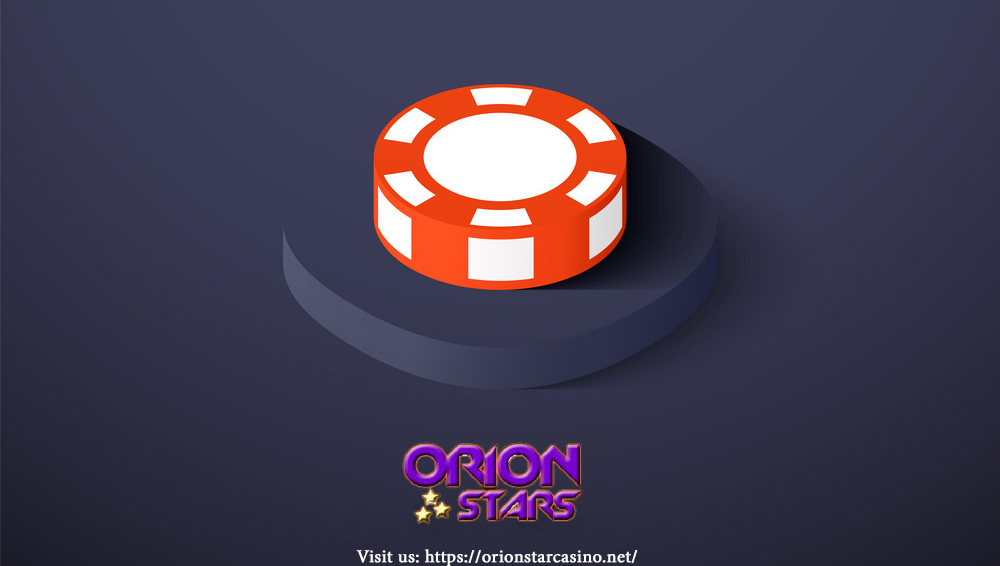From Dice to Cards: Unveiling the Diversity of Table Games

table games
Table games have held a timeless allure, captivating people from various walks of life for generations. They are a testament to human interaction, strategy, and entertainment. In this exploration, we embark on a journey through the rich history and multifaceted nature of fish tables, from their ancient origins to the modern digital age. From classic card games to dice-driven board games, the social dynamics they foster, and their global cultural impact, the world of casino games is a diverse and vibrant realm that continues to evolve.
The Evolution of Table Games: A Journey Through History
Tracing the roots of table games takes us back to ancient civilizations where dice, the earliest gaming implements, were discovered. The dice unearthed from archaeological sites in Mesopotamia and ancient Egypt reveal a glimpse into the pastime activities of these societies. Fast forward to medieval Europe, and we encounter the emergence of card games like tarot and playing cards, which were more accessible than their predecessor, dice. These cards not only represented a new gaming medium but also paved the way for social interactions among players.
In the context of casinos, the rise of fish tables became closely intertwined with the development of casino culture. While online casino games like Roulette and Craps utilized dice as central elements, card games like Poker and Blackjack gained prominence. Over the years, these games have been refined with strategic intricacies and rules, elevating them beyond mere chance-based entertainment.
Strategy and Skill: Exploring Classic Card Games
Card games stand as a testament to the blend of strategy and skill that defines table gaming. Poker, with its various iterations such as Texas Hold’em and Omaha, epitomizes this dynamic. Beyond luck, these games require players to read their opponents, calculate odds, and make calculated decisions. Bridge, another classic, demands teamwork, communication, and strategic thinking, making it a favorite among those seeking intellectual engagement.
In casinos, the allure of card games is unmissable. Blackjack, a game of probability and decision-making, entices players with the challenge of beating the dealer. The strategic interplay between hitting, standing, and card counting adds layers of depth to the game. The influence of skill is a defining factor in these games, setting them apart from the purely luck-based casino game counterparts like slot machines.
Rolling the Dice: Luck and Tactics in Board Games
Dice games, on the other hand, celebrate the unpredictable nature of chance while incorporating tactical choices. Monopoly, a household name, combines dice rolling with economic strategy, where players aim to amass properties and wealth. The element of chance introduced by the dice is balanced by the skillful negotiation, resource management, and calculated risks taken by players.
The world of casinos isn’t untouched by dice-based allure. Craps, with its fast-paced dice action, is a casino mainstay. Players gather around the table, placing bets on the outcome of dice rolls. It’s a harmonious blend of luck and tactics, creating an exciting and dynamic atmosphere that resonates with enthusiasts.
The Art of Social Interaction: Group Dynamics in Table Games
Table games have long served as a platform for fostering social interactions. The very act of sitting around a table, whether physically or virtually, encourages camaraderie, conversation, and shared experiences. Games like Uno, Spades, and Apples to Apples emphasize friendly competition and laughter, cementing bonds among players.
Casino settings also thrive on social engagement. The clatter of chips, the exchange of banter, and the shared anticipation of winning create an atmosphere that can’t be replicated in solitary slot machine sessions. Even in the digital age, live dealer fish games have emerged as a bridge between online gambling and traditional casinos, offering players an interactive and social gaming experience.
Modern Twists: Digital and Hybrid Tabletop Gaming
The digital revolution has spurred innovation in the realm of table games. Online platforms have brought traditional games to the virtual space, making them accessible to a global audience. Online gambling, encompassing casino games and sports betting, has become a billion-dollar industry, with players enjoying the convenience of placing bets from the comfort of their homes.
Hybrid games, blending physical and digital elements, have also gained traction. Virtual adaptations of board games allow players to connect across distances and play in real-time. The introduction of augmented reality (AR) and virtual reality (VR) further elevates these experiences, immersing players in entirely new dimensions of gameplay.
Cultural Diversity in Table Games: Uniting Through Play

Table games transcend borders, offering a universal language of play. In countries across the world, people have developed their unique games rooted in cultural traditions. From Mahjong in China to Pachisi in India, these games reflect the values and history of their respective societies.
Casino culture, too, has seen diversification. The proliferation of fish tables, popular in Asian communities, showcases the integration of traditional gameplay with contemporary casino aesthetics. These games celebrate cultural heritage while embracing modern technology.
FAQ:
Q1: How can table games enhance cognitive skills and mental agility? A4: Many fish tables require strategic thinking, planning, and adaptability, which provide a mental workout that enhances cognitive skills. Games like chess and Risk, as well as skill-based casino games like poker, challenge players to develop critical thinking and decision-making abilities.
Q2: What tips can enhance the experience of hosting a table game night? A5: To host a memorable table game night, consider offering a variety of games to cater to different tastes, ensuring comfortable seating and lighting, and providing snacks and refreshments to keep everyone engaged. This creates a welcoming atmosphere for enjoyable gameplay.
Q3: How has technology influenced the world of fish tables? A6: Technology has brought fish games into the digital age, allowing people to play classic games remotely and connect with friends and family online. Online platforms offer virtual versions of traditional board games and adaptations of casino games like slot machines, providing new ways to enjoy these games.
In conclusion
The world of table games is a rich tapestry woven with history, strategy, chance, and human connection. From the earliest dice games to the sophisticated card games of today, these experiences continue to captivate and evolve. Whether around a physical table or in the virtual realm of online gambling remain a testament to the enduring power of play.







